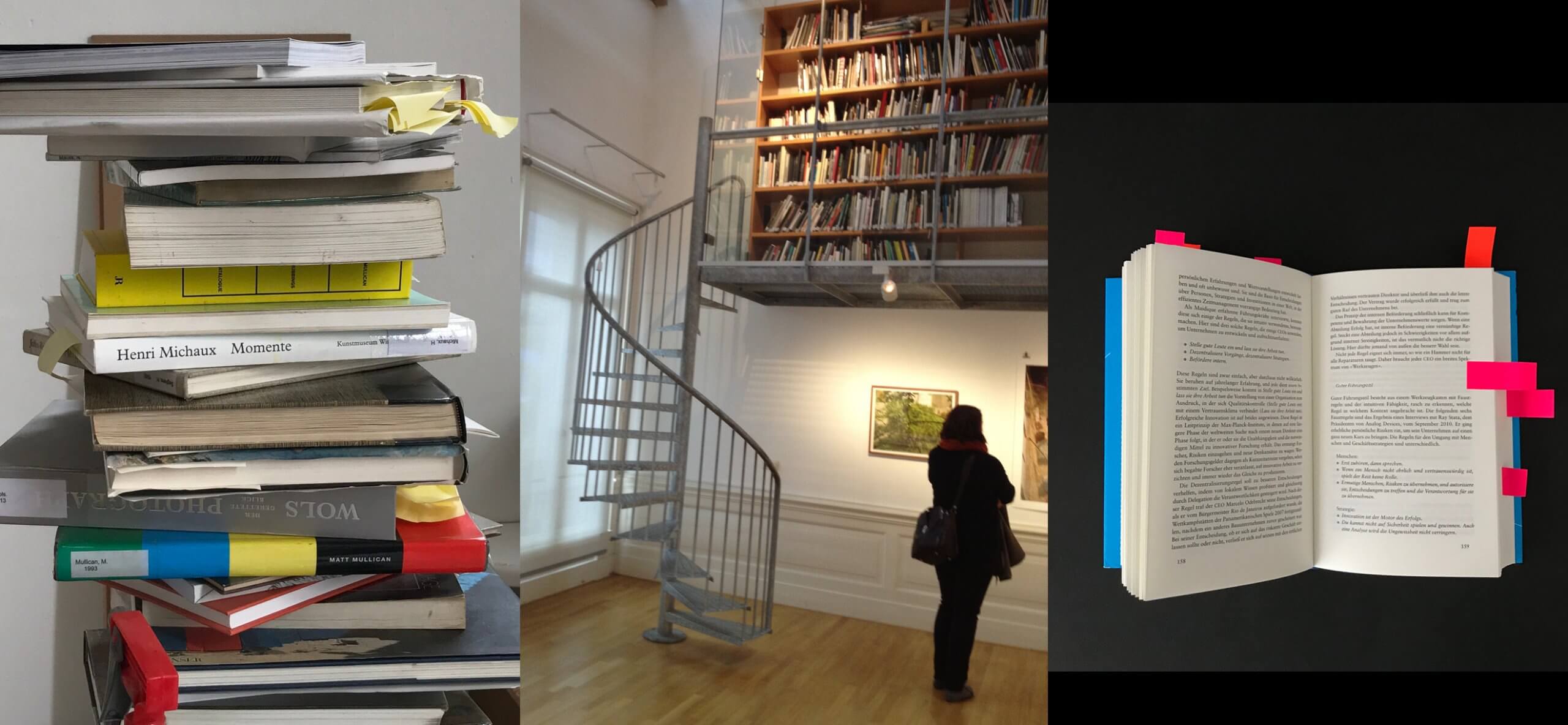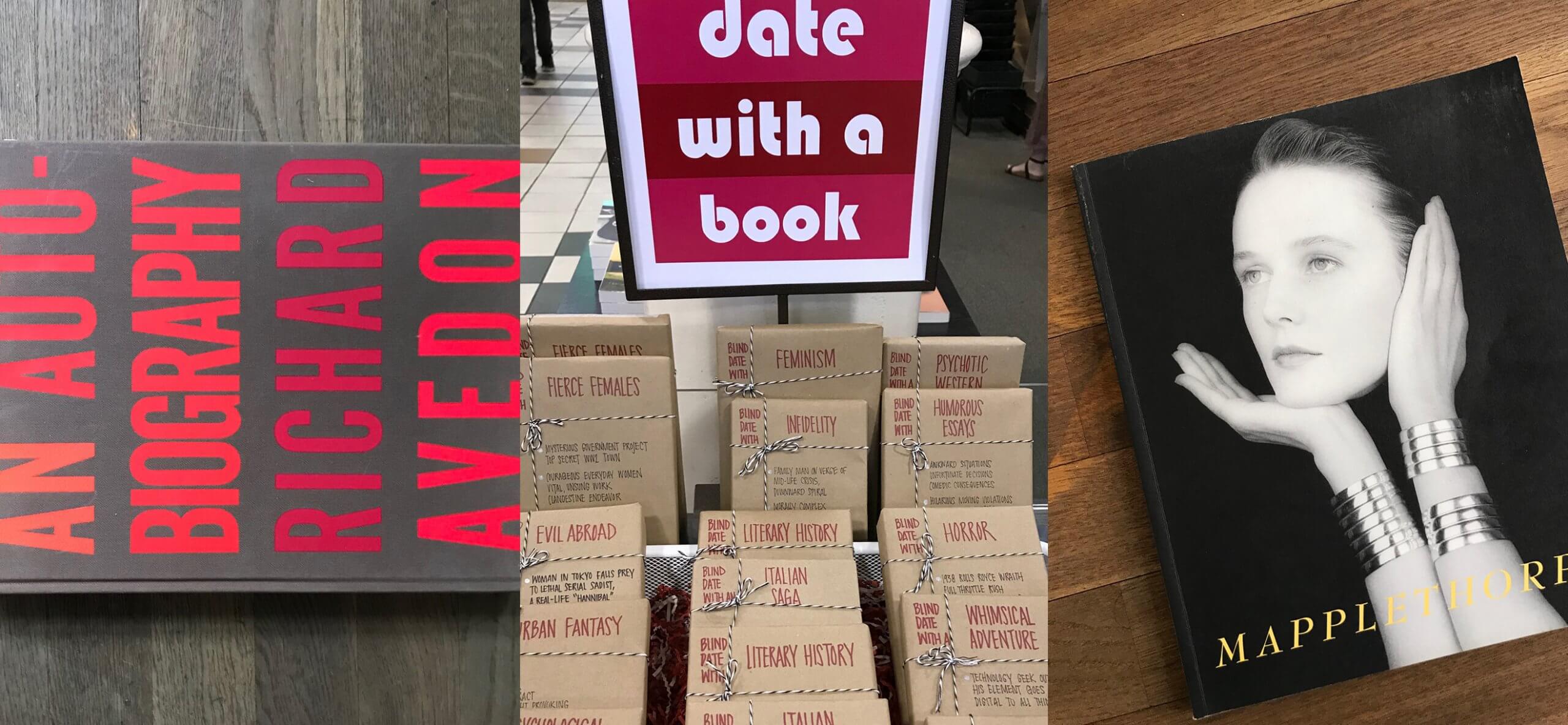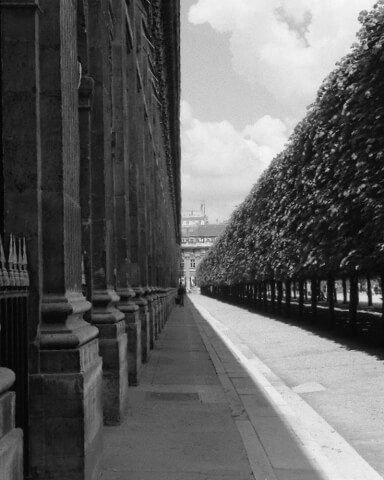Some books accompany you through life – how could you part with them
An organized library, an overflowing IKEA shelf, or a few copies and the rest on the electronic reader?
Farewell or goodbye?
If the home is to become lighter, most people find it difficult to part with books.
Compared to other things, there is a greater reluctance to sell, give away or otherwise return books to the circular economy.
Why is that?
Why do we part with clothes, household items or furniture more easily compared to printed books?
Books are life companions
Books can shape one’s life. It is often mentioned in biographies that access to the grandfather’s or uncle’s library had an important influence on the later course of life.

Similar to friends, we get to know many people in the course of life, lose sight of each other again and it is only a few who really have a decisive influence on one’s life.
Status symbol bookcase
The book was a status symbol in eras when few knew how to read. With a book, people liked to have their portrait painted in oil to demonstrate that they were able to read.
We received indignant criticism for a GloriousMe article on video conferencing, in which we pointed out that a wall of books as a backdrop is no longer proof of expertise these days and advocated alternatives that give one’s personality more space and individuality.
The densely packed wall of books seems to give some advocates pause. Johann Wolfgang von Goethe lets Faust speak on this:
“What you have in black and white, you can carry home with confidence”.
A wall of books is not yet a library
It is often forgotten that a wall of books does not constitute a library.
A library that gives books a home through order and architectural consideration is undoubtedly a place with a very special ambience.
Private libraries provide a special retreat for their owners, where books can be studied but also fine wines and spirit can be enjoyed in bottles.
Libraries in monasteries and universities are places where important knowledge has often been collected and carefully documented over centuries.

Who wouldn’t be thrilled by the library of Kremsmünster Abbey or the library in the abbey district of St. Gallen?
In everyday life, it’s more like an IKEA shelf, with books stacked tightly waiting for that famous rainy cold day in November to be thoroughly sorted and read.
A solid band to the book band
It’s hard for us to let go of books. Before several moves, we hold individual books in our hands many times, only to put them back on the shelf and (once again) pack them into the moving boxes.
The criteria are always the same, saving the book from being sold or given away back to the bookshelf at home:
- The book was so excellent, I want to read it again
- Someday I will have the time to delve into this illustrated book at leisure
- It is a treasured gift and may even bear a dedication
- There is no one (yet) who will appreciate the book as a second reader as we do
It is a strong emotional bond that connects us to many a poetry book, novel, non-fiction book, or art book,

a bond that is stronger than all rational arguments. Thus, many books survive a whole series of moves before you part with them, because radical tidying and disposal provides precious lightness in your own home.
What books have determined the path of life?
My wall of books also still contains, despite many moves and countless curation passes, some books whose paper is partly already yellowed, as they have accompanied me for many decades.
Each of these, in retrospect many years ago was a guide to what is important to me to this day:
Thomas Mann
The Magic Mountain
The love of Switzerland and Swiss grand hotels as well as the penchant for long sentence constructions was most certainly nurtured by this book.
Julius Caesar
The Gallic War
Words as if carved in stone. They have shaped the conviction that not everything has to be practical and in keeping with the spirit of the times. On the contrary
John Steinbeck
The fruits of wrath
There is no more vivid portrayal of the hard road and the meaning of the American dream. Only some excellent photographers, such as Walker Evans, manage to do that.
Time Life
The cuisine of the Viennese Empire
The lavishly produced book, purchased many years ago from pocket money, tells of a bygone era, combining history, landscapes and cuisines, spanning from Szeged goulash to the elaborate cakes of Viennese confectionery.
To this day, it is enjoyment with history that excites me.
Jules Verne
Around the world in 80 days
I devoured all of Jules Verne’s books as a child. This book was particularly close to my heart and the English gentleman Phileas Fogg survived all the moves.
And also the desire and joy of traveling and discovering as well as the love for England has remained.
Yesterday instead of tomorrow?
Do books from the past as sentimental remainders obscure the view of the new? As long as it stays with the four books (and all the program notes of good opera productions), I am not afraid.
Which books have influenced you for the rest of your life?
Photographs | Collages
© GloriousMe
Cover photo: Stuttgart City Library, Diego Grandi,
Alamy stock photo




